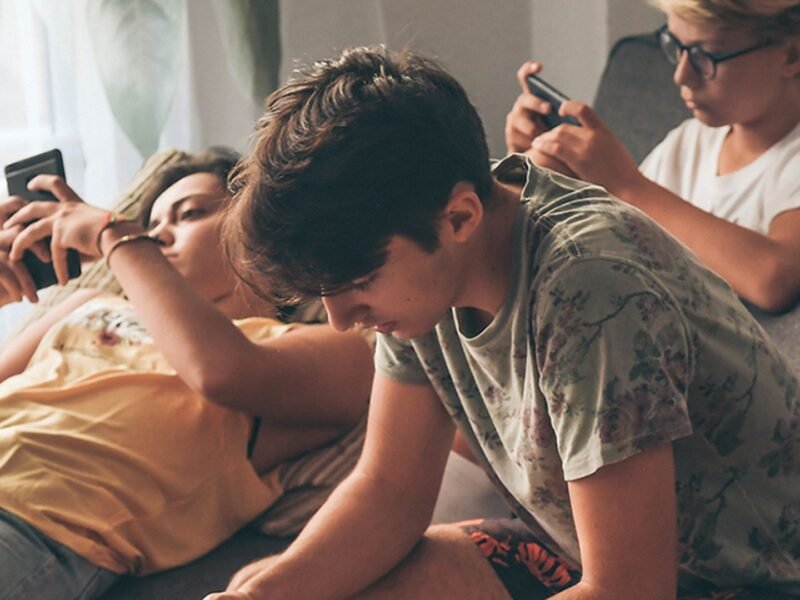Engaging in arts can profoundly impact the development of social skills. Through creative expression and collaboration, individuals can enhance their ability to communicate, empathize, and interact effectively with others.

The Role of Arts in Social Skill Development
The arts play a significant role in fostering social skills. Participating in artistic activities, such as drama, music, and visual arts, allows individuals to express themselves and share their perspectives. This process helps build confidence and encourages open communication, essential components of social interaction.
Enhancing Communication Skills
Artistic endeavors often require individuals to articulate their ideas and emotions. Whether through dialogue in a play, discussing artistic choices in a group project, or interpreting a piece of music, participants develop their verbal and non-verbal communication skills. These experiences teach individuals how to convey their thoughts clearly and listen actively to others.
Building Empathy and Understanding
Arts education promotes empathy by encouraging individuals to explore different perspectives. When people engage in storytelling, acting, or creating art, they often step into the shoes of others. This practice fosters a deeper understanding of diverse experiences and viewpoints, helping individuals develop empathy and emotional intelligence.
Collaboration and Teamwork
Many artistic activities require collaboration, such as group performances, ensemble music, and collaborative art projects. Working together towards a common goal teaches individuals the importance of cooperation, compromise, and mutual respect. These collaborative efforts help build strong team dynamics and enhance the ability to work effectively with others.
Conflict Resolution and Problem-Solving
The creative process often involves overcoming challenges and resolving conflicts. When individuals encounter differing opinions or creative disagreements, they must negotiate and find solutions. These experiences enhance problem-solving skills and teach individuals how to navigate conflicts constructively, which is crucial for healthy social interactions.
Boosting Self-Esteem and Confidence
Engaging in the arts can significantly boost self-esteem and confidence. Successfully completing an artistic project or receiving positive feedback for a performance reinforces a sense of accomplishment and self-worth. Increased confidence in one’s abilities can translate into more assertive and positive social interactions.
Inclusivity and Accessibility in the Arts
The arts offer a platform for inclusivity and accessibility, providing opportunities for individuals of all backgrounds and abilities to participate. Inclusive arts programs create environments where everyone feels valued and respected, promoting social cohesion and reducing feelings of isolation.
Conclusion
Arts education and participation provide a rich avenue for developing social skills. By enhancing communication, fostering empathy, encouraging collaboration, and building confidence, the arts equip individuals with the tools necessary for effective social interaction. Supporting arts programs and encouraging participation can lead to more socially skilled, empathetic, and connected communities.



